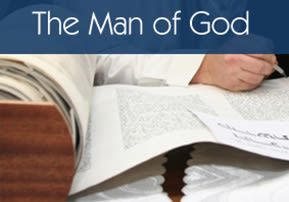
Zot HaBracha: The Man of God
Moshe, by his very presence, inspired teshuvah in all those who saw him, especially at such a sad time as the arrival of the day of his death…

:א וְזֹ֣את הַבְּרָכָ֗ה אֲשֶׁ֨ר בֵּרַ֥ךְ משֶׁ֛ה אִ֥ישׁ הָֽאֱלֹהִ֖ים אֶת־בְּנֵ֣י יִשְׂרָאֵ֑ל לִפְנֵ֖י מוֹתֽו
And this is the blessing that Moshe, the man of G-d, blessed the Children of Israel before his death… (Devarim 33:1).
Like Ya’akov before him, Moshe blessed the tribes just before his death. There is nothing unusual about this statement, at least not on the surface. The Sifra, picking up on the emphasis on the nearness of Moshe’s death, learns that Moshe said, “If not now, then when?” However, the Pri Tzaddik (Simchas Torah 48) asks about a different segment of the posuk: Why is Moshe called “man of G-d” specifically here, when blessing the tribes?
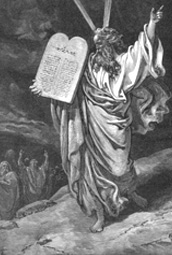 To answer this question, the Pri Tzaddik explains that Moshe began blessing the tribes from where Ya’akov left off blessing them. How do we know this? Because it says, “And this (v’zos) is the blessing” which adds to the first blessing that Ya’akov gave them because it says, “And this (v’zos) is what Ya’akov their father told them” (Bereishit 49:28). The word v’zos connects the two verses together.
To answer this question, the Pri Tzaddik explains that Moshe began blessing the tribes from where Ya’akov left off blessing them. How do we know this? Because it says, “And this (v’zos) is the blessing” which adds to the first blessing that Ya’akov gave them because it says, “And this (v’zos) is what Ya’akov their father told them” (Bereishit 49:28). The word v’zos connects the two verses together.However, says the Pri Tzaddik, we learn from the Zohar that the word “zos” alludes to a special trait necessary for spiritual perfection, to indicate that Ya’akov had to first bring his sons to do teshuvah before he could give them the blessing he wanted to impart to all of them. After those lacking in teshuvah did the necessary teshuvah, then they too became worthy of receiving the blessing.
This, too, is why Moshe is called “man of G-d” here. Moshe, by his very presence, inspired teshuvah in all those who saw him, especially at such a sad time as the arrival of the day of his death. He was able to draw out the millions of Jews surrounding him teshuvah from the depths of their souls, making them ready to receive his blessing. His godliness raised the nation to a new spiritual height in preparation to move on to the next level in life.
To Binyomin he said,
:יב לְבִנְיָמִ֣ן אָמַ֔ר יְדִ֣יד יְהֹוָ֔ה יִשְׁכֹּ֥ן לָבֶ֖טַח עָלָ֑יו חֹפֵ֤ף עָלָיו֙ כָּל־הַיּ֔וֹם וּבֵ֥ין כְּתֵפָ֖יו שָׁכֵֽן
“The beloved of Hashem shall dwell in safety by Him; He shall harbor him all day long (chofef alav kol hayom), and He shall dwell between his shoulders.” (Devarim 33:12)
Rebi Levi bar Chama said in the name of Rebi Chama b’Rebi Chanina: A strip of land jetted out from the territory of Yehudah and went into the section of Binyomin, and the righteous Binyomin was constantly bothered about it and wanted to possess it, as it says, “chofef alav kol hayom.” For this reason, Binyomin merited to be the host to The Holy One, Blessed is He, as it says, “He shall dwell between his shoulders.” (Zevachim 53b)
When the land of Israel was divided among the shevatim (tribes), the territories of Yehudah and Binyomin ended up converging by the location of the altar in the future altar. As a result, the south-eastern portion of the altar was in the territory of Yehudah, and the north-western part of the Temple was in the land of Binyomin. However, it was only around these two sides that a base of about two feet wide wrapped around the altar, called the Yesod, a merit that Binyomin earned because of his intense desire to be a host to the Divine Presence.
It is one’s intense desire to create a place within which G-d can dwell that makes one a “beloved of Hashem.” And becoming a beloved of Hashem is supposed to be the goal of every Jew, and in this way one merits to become a personal Mishkan to Hashem, as it says:
:ח וְעָ֥שׂוּ לִ֖י מִקְדָּ֑שׁ וְשָֽׁכַנְתִּ֖י בְּתוֹכָֽם
“Let them make Me a sanctuary, so I can dwell among them …” (Shemot 25:8)
It doesn’t say “dwell within it,” but “among them,” indicating that it is within every Jew that G-d chooses to dwell, if the person makes himself a fitting place for G-d.
:ז וּמשֶׁ֗ה בֶּן־מֵאָ֧ה וְעֶשְׂרִ֛ים שָׁנָ֖ה בְּמֹת֑וֹ לֹא־כָֽהֲתָ֥ה עֵינ֖וֹ וְלֹא־נָ֥ס לֵחֹֽה
:ח וַיִּבְכּוּ֩ בְנֵ֨י יִשְׂרָאֵ֧ל אֶת־משֶׁ֛ה בְּעַרְבֹ֥ת מוֹאָ֖ב שְׁלשִׁ֣ים י֑וֹם וַיִּתְּמ֔וּ יְמֵ֥י בְכִ֖י אֵ֥בֶל משֶֽׁה
ט וִֽיהוֹשֻׁ֣עַ בִּן־נ֗וּן מָלֵא֙ ר֣וּחַ חָכְמָ֔ה כִּֽי־סָמַ֥ךְ משֶׁ֛ה אֶת־יָדָ֖יו עָלָ֑יו וַיִּשְׁמְע֨וּ אֵלָ֤יו בְּנֵֽי־יִשְׂרָאֵל֙ וַיַּֽעֲשׂ֔וּ כַּֽאֲשֶׁ֛ר צִוָּ֥ה יְהֹוָ֖ה אֶת־משֶֽׁה
:י וְלֹא־קָ֨ם נָבִ֥יא ע֛וֹד בְּיִשְׂרָאֵ֖ל כְּמשֶׁ֑ה אֲשֶׁר֙ יְדָע֣וֹ יְהֹוָ֔ה פָּנִ֖ים אֶל־פָּנִֽים
:יא לְכָל־הָֽ֨אֹתֹ֜ת וְהַמּֽוֹפְתִ֗ים אֲשֶׁ֤ר שְׁלָחוֹ֙ יְהֹוָ֔ה לַֽעֲשׂ֖וֹת בְּאֶ֣רֶץ מִצְרָ֑יִם לְפַרְעֹ֥ה וּלְכָל־עֲבָדָ֖יו וּלְכָל־אַרְצֽוֹ
יב וּלְכֹל֙ הַיָּ֣ד הַֽחֲזָקָ֔ה וּלְכֹ֖ל הַמּוֹרָ֣א הַגָּד֑וֹל אֲשֶׁר֙ עָשָׂ֣ה משֶׁ֔ה לְעֵינֵ֖י כָּל־יִשְׂרָאֵֽל
“Moshe was 120 years old when he died. His eyes had not weakened, nor had his strength dissipated. The Children of Israel cried for Moshe in the plains of Moav for thirty days, after which the days of crying and mourning for Moshe were completed. Yehoshua, the son of Nun was instilled with the spirit of wisdom, because Moshe had placed his hands upon him. The children of Israel listened to and obeyed him, and did as G-d had commanded Moshe. There never again arose a prophet in Israel like Moshe, whom G-d spoke to face-to-face, [and who could perform] all the signs and wonders which G-d sent him to do in the land of Egypt, against Paroah, all his servants and all his land, or any of the mighty acts and awesome sights that Moshe displayed before all the eyes of Israel.” (Devarim 34:7-12)
Everything about Moshe Rabbeinu indicated a special relationship with the Ohr HaGanuz – the Hidden Light of Creation. As the Talmud points out (Chagigah 12a), this light was not a normal light, a natural light, but an extremely spiritual light–a very powerful light. So powerful was this light, in fact, says Rashi, that G-d actually hid it in the early days of creation, to keep it out of the hands of the evil people of history!
However, Moshe, according to the “Tradition,” always had access to this light, which is why he was born thirty-six years after the slavery began–a number associated with this light (it shone for 36 hours in the Garden of Eden before being hidden). Furthermore, it says:
It is written here, “… And she [Moshe’s mother, Yocheved] saw that he was good …” (Shemot 2:2) and there it is written [regarding the Hidden Light], “G-d saw the light, that it was good” (Bereishit 1:4). (Sotah 12a)
The Talmud seems to equate Moshe and the Light itself.
Why did Moshe have such access to this incredible light? Because, kabbalistically, Moshe had a very high level soul, which was actually “carved” from the Ohr HaGanuz itself. Therefore, the Torah was given through him, and all chidushei Torah (Torah novella) that would ever be revealed throughout time was already known by Moshe before his death. He was an extraordinary individual and leader, which is why it says,
:טו אַשְׁרֵ֣י הָ֖עָם שֶׁכָּ֣כָה לּ֑וֹ אַשְׁרֵ֥י הָ֜עָ֗ם שֶֽׁיְהֹוָ֥ה אֱלֹהָֽיו
Happy is the nation whose portion (shekachah) is Him … (lo) (Tehillim 144:15)
The numerical value of the word “shekachah” (shin, choh, chof, heh) is equal to 345, the same gematria as Moshe. The word “lo” is equal to 36, an allusion to the Ohr HaGanuz-the Hidden Light. It is as Dovid HaMelech wrote: Happy is the nation whose Moshe is equated with the Hidden Light of Creation, whose leader was on the level of the Tree of Life, and who was the “channel” to the Worlds Above. This is why when he died, he went right to Gan Eden (Temurah 16b).
Therefore, it is not surprising to hear that the place of his burial is not known to man, “even to this very day.” For Moshe, the “Man of G-d,” was also a man of another realm altogether, which makes the Torah he gave to us that much more special.
***
Pinchas Winston is the author of over 95 books on various topics that deal with current issues from a traditional Jewish perspective. He has also written on the weekly Torah reading since 1993, called “Perceptions”, as well as on current topics and trends affecting Jewish history, past and present. One of his missions is to make the depth and beauty of the more mystical teachings of Torah understandable and accessible to those who can really benefit from them. Visit his website at thirtysix.org.


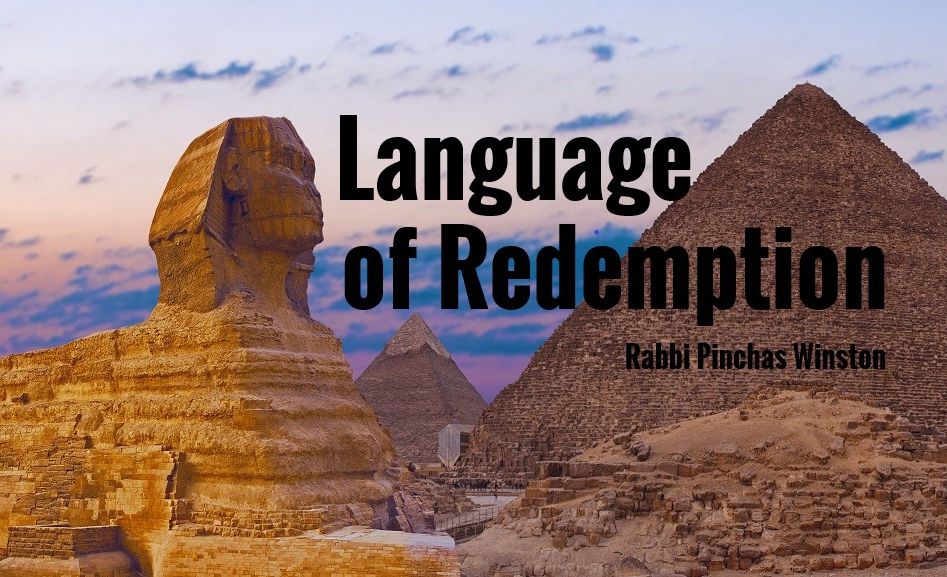
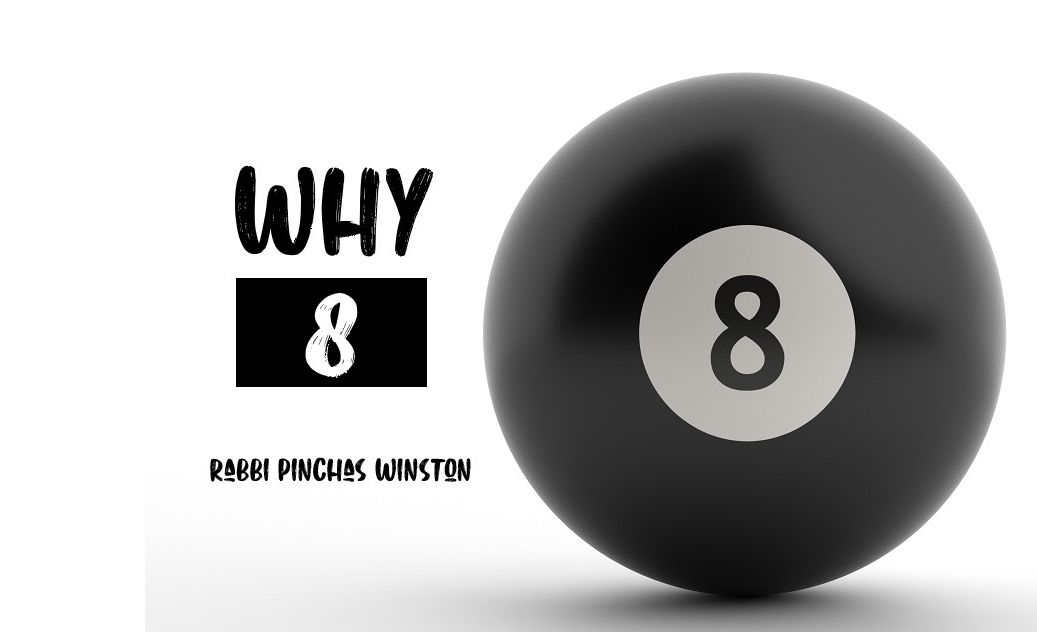
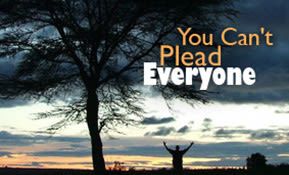
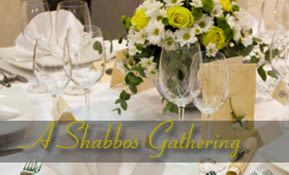
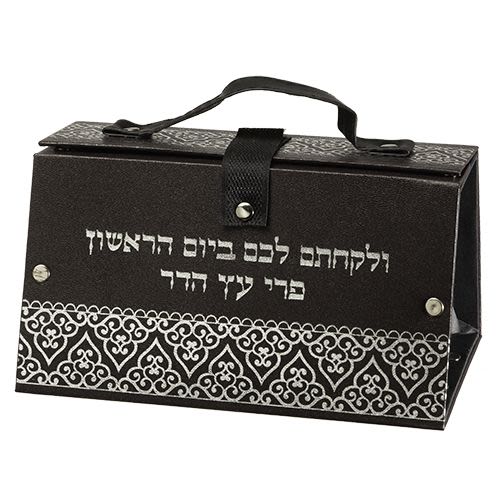

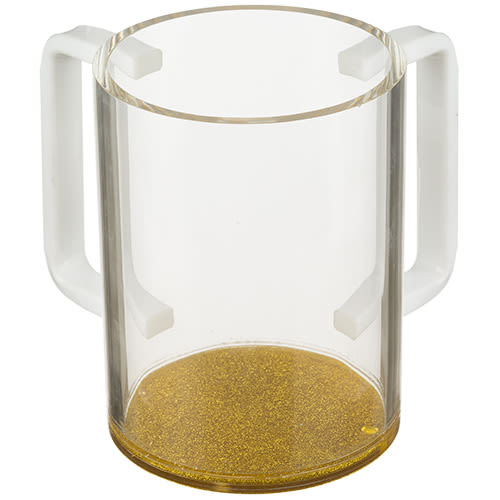
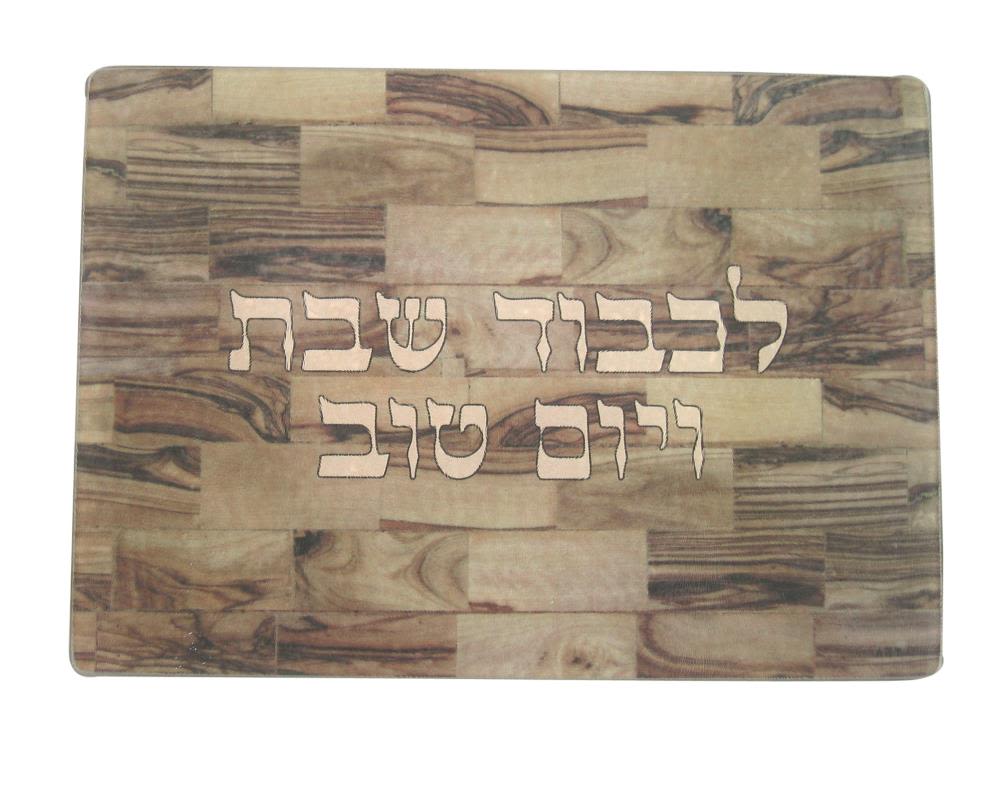
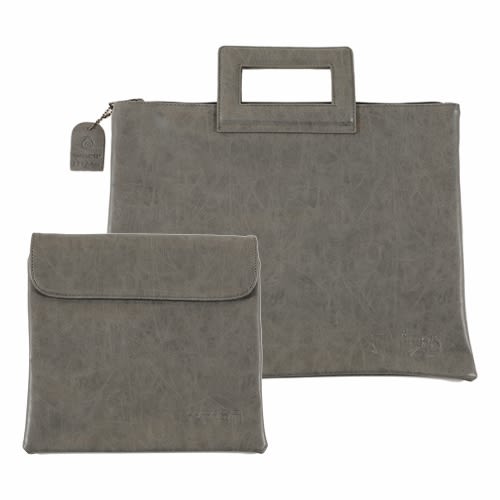

Tell us what you think!
Thank you for your comment!
It will be published after approval by the Editor.